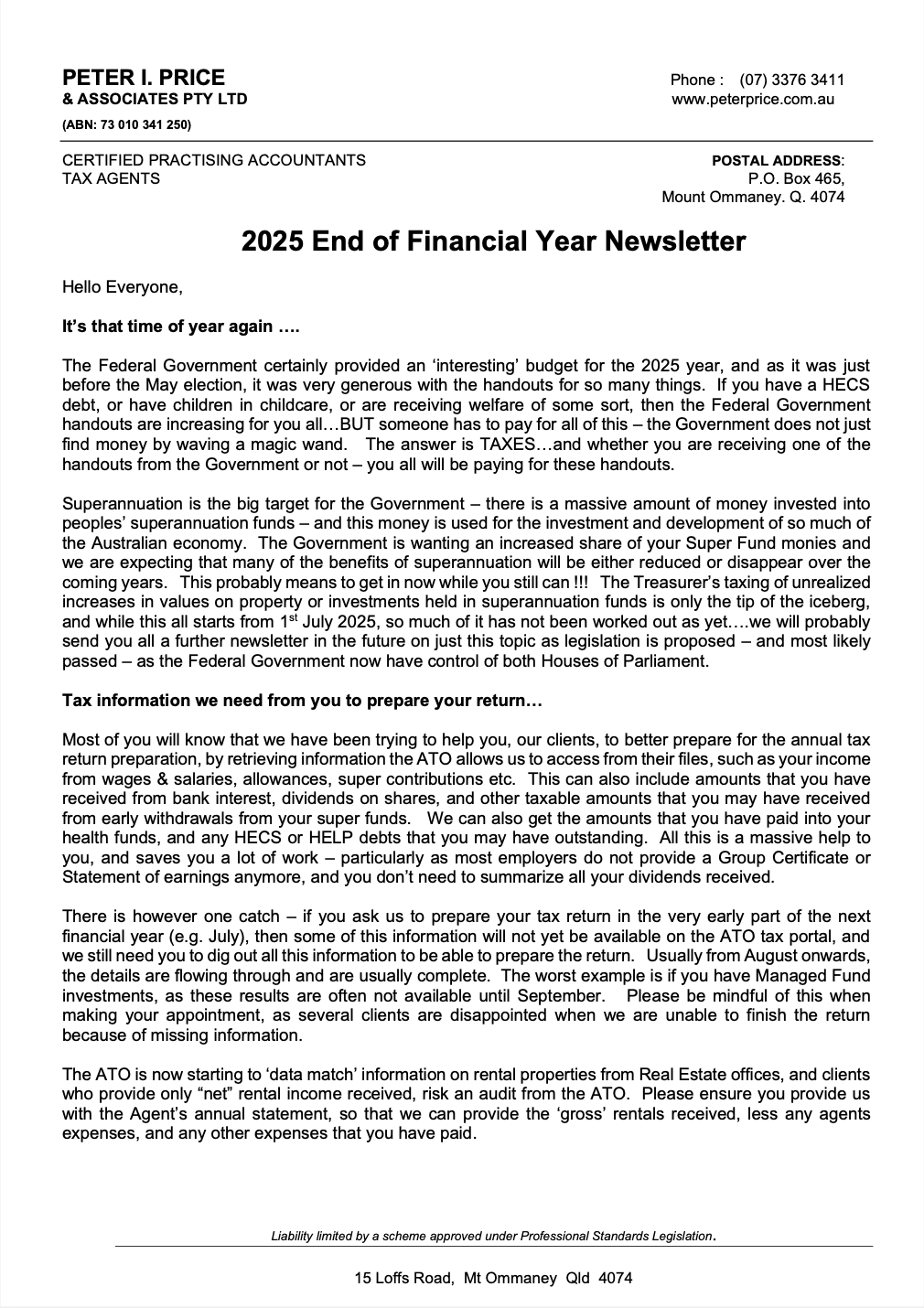6 ways to improve your business plan
A business plan sets out your objectives and strategies, with ways to achieve them. Your business plan documents how you will manage all the important aspects of your business, from products and services to operational plans and finances.

.
Effective business planning is essential for growth, adaptability, and long-term success. Things change with new technologies, employees, ways of working, and market impacts.
It’s important to review and update your business plan as your business evolves. It won’t be the same business 2, 5 or even 10 years from now.
Don’t let business planning drop down your priority list. Here are 6 tips to write a business plan from scratch or to update your old one.
1. Review your plan regularly
A business plan is not a set-and-forget document. It needs to change as your business changes over time. If you’re writing a business plan, set yourself a reminder to revisit it in 6 months.
If it’s been a while since you’ve looked at your business plan, get it out and read it. Does it still reflect where your business is now and where you want it to be?
Are there external impacts on your business you need to consider? How can you adapt to respond to challenges and opportunities?
There’s no right answer as to ‘how often should I review my business plan’. It all depends on your business, industry and how busy you are. It’s good practice to review and update it at least once a year or when there are any major impacts to your business.
Consider the flow-on effects of updating your business plan. If it changes, you’ll probably need to update your marketing and social media plans to reflect your new goals to reach any targets you’ve set.
2. Make planning fun and collaborative
Business plans are more likely to succeed if you keep staff engaged and involved with your vision of success. It also means you don’t have to write or update the entire business plan yourself.
Collaborative planning is a great way to check how the business is performing. You can uncover roadblocks, knowledge gaps, areas for improvement and what’s working well in the business.
Don’t be afraid to encourage creative thinking and involve all staff members across your business. It will make them feel appreciated and they may see opportunities that you don’t.
You never know where the next great idea might come from. Whether that’s a small improvement to processes, or a new product or service to expand your business offering.
3. Set achievable goals
Your vision of success is unique to you and your business. Goals can take time to achieve, and the end goal can feel like a mountain to climb.
Create smaller, actionable goals to build a sense of momentum and progress in your business. Ticking off these goals as you achieve them will set you up for success in achieving your immediate, medium and long-term vision.
You can set goals for any area of the business from sales to marketing and more. Similar to your overall business plan, there are many related plans that can help you structure your business.
Some examples include:
- Marketing plan template
- Professional development plan template
- Risk register and treatment plan template
Download and use these templates to help document processes, set achievable goals and grow your business.
4. Create an action plan
It doesn’t matter how great your business plan is if you don’t use it. Creating a 12-month action plan will help you focus on the things that matter most.
Break your large goals into smaller, achievable activities with timeframes. A great way to get started is to think about 3 things you’d like to work on or achieve over the next 12 months. For each one, list the most important actions to take.
Setting diary reminders is a great way to make sure your action plan remains on track. To get started, try our one-page action plan template.
5. Build in resilience and plan for uncertainty
A great business plan can’t protect you from everything, but it will help you to respond with confidence. You need to consider your risks, take action to minimise them and prepare to adapt when challenges arise.
A resilient business can adapt more easily to disruptions. To build resilience in your business you can:
- consider how different market forces will impact your business
- define how you will respond in difficult times and document actions to take
- identify potential new markets and diversify suppliers
- update critical information, processes and policies such as insurance.
Staying operational and retaining your staff, assets and brand equity are all important to long-term success. If you’re prepared for the worst, you’ll be in a strong position to recover, re-launch or grow when the time is right.
A resilient business is a prepared business. You don’t have to be in a bushfire or flood prone area to need disaster resilience strategies.
Damage to your business can be devastating and often happens without warning. Take the steps now to prepare your business, so you are ready to face challenging times if they arise.
Identify what your business can’t afford to lose and plan for how to prevent loss if a disaster occurs with our Disaster resilience pages.
6. Get help from experts
You don’t have to do it all and you can’t know everything. Getting advice from specialists is an essential part of any business, no matter what stage you’re at.
Having trusted advisers and experts on board can help test and confirm your ideas and set realistic goals. Getting advice from an expert who can look at your business objectively is an important way to understand how your business is performing and how it can develop.
You can get expert advice from an accountant, lawyer, financial adviser, banker, or business coach, depending on your business and goals. Your planning will improve with access to their focus and in-depth knowledge.
Engaging with a business coach or mentor is another great way to test plans, receive support, and brainstorm improvements. Learning from their experience and applying their insights will help you succeed.
Not sure where to start? We offer a number of learning and advice services to help you start or grow your business.
Looking for in-person advice?
- Book a spot on our Small Business Bus that travels throughout metro and regional locations in Victoria – Small Business Bus.
- Attend one of our in-person workshops across a wide range of business topics – in-person workshops.
Busy and need online advice at your convenience?
- Book a spot with our online webinars held at various times throughout the week covering a wide range of business topics – live online webinars.
- Book a free business advice session with a business expert – virtual advice sessions.
Ready to turn your ideas into a solid business plan? Check out this must-watch video.
business.vic.gov.au

